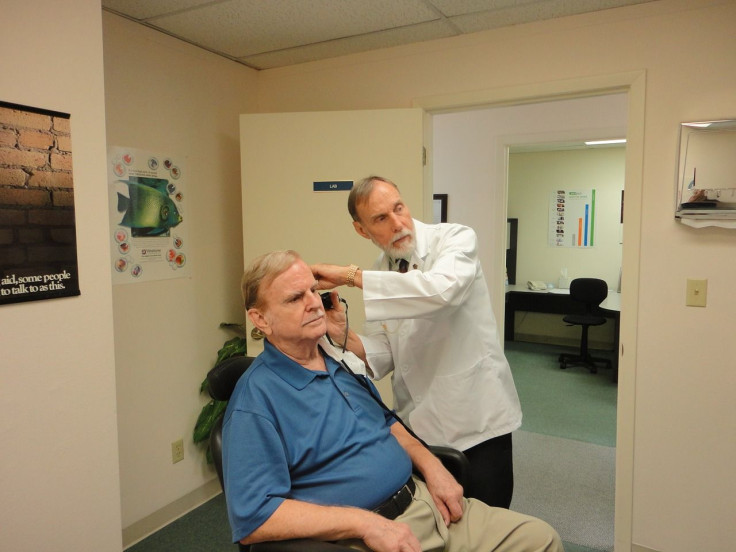Hearing This Noise Indicates You Might Be At Risk Of This Cancer

Cancer is characterized by the unrestrained abnormal cell growth in the body which occurs when the regular control mechanism of the body stops functioning. The chances of survival largely depend on the type of cancer and its stage.
Identifying the symptoms early on is vital to increase the chances of survival. There is, for instance, a rare kind of cancer linked to hearing with a unique symptom.
The Symptom
You or a member of your family may have experienced tinnitus in the past. This is an ear condition that involves hearing sounds coming from within the body instead of hearing it from an external source. While for the most part tinnitus is linked to age or as a consequence from long exposure to excessively loud noise, it could also be an indicator of nasopharyngeal cancer.
Nasopharyngeal cancer, National Health Service says, is an uncommon cancer type that affects the throat section which connects the back of the nose to the mouth’s rear or the pharynx. Each year, around 250 people are diagnosed with this type of cancer in the UK.
A Different Type of Cancer
This cancer type is not the same as other types of cancer that affect the throat, such as oesophageal or laryngeal cancer, according to the NHS. Aside from tinnitus, those suffering from nasopharyngeal cancer may also notice a lump in the neck gradually forming and loss of hearing in only one ear. Your nose may also feel blocked or stuffed and in many cases, you will also experience nosebleeds.
Oftentimes, it is hard to identify nasopharyngeal cancer because many of its symptoms have similarities to less serious ailments. The NHS also pointed out those suffering from this type of cancer usually fail to notice any symptom since most of its warning indicators appear only in the advanced stage.
If you start experiencing tinnitus and also most of the symptoms described earlier, then seeking an appointment with the doctor is a prudent move. While the symptoms you experience may be caused by less serious conditions, it is still best to have them checked.
© Copyright IBTimes 2025. All rights reserved.





















